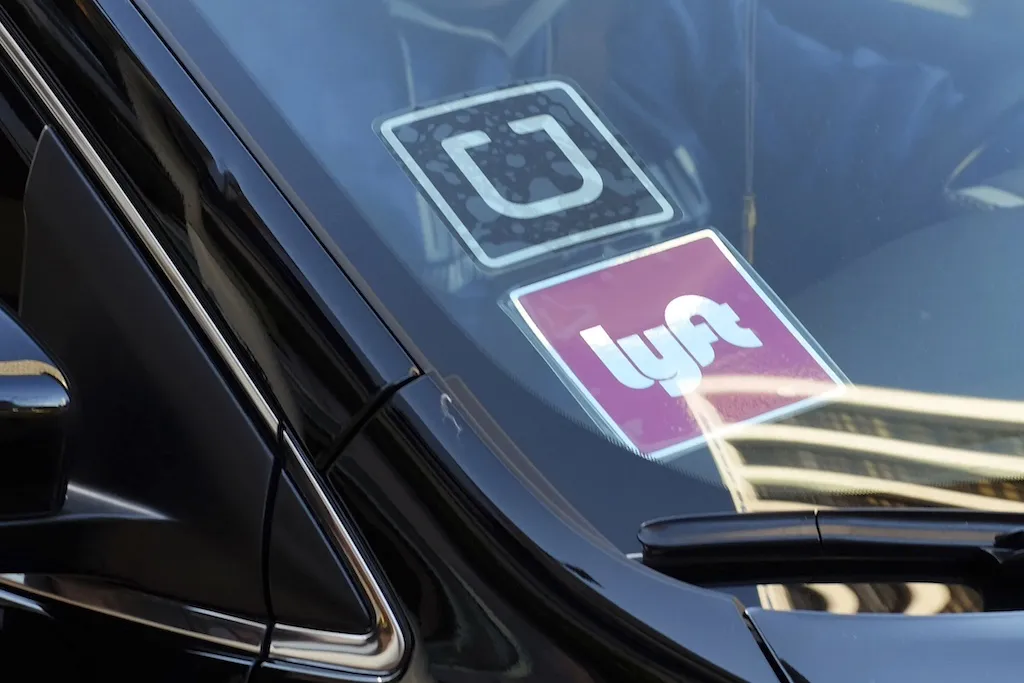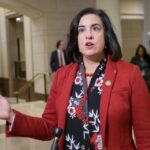

Gov. Tim Walz (D-MN) signed a bill on Tuesday that requires pay minimums for Uber and Lyft rideshare drivers and also provides them with new insurance provisions following a multiyear battle in Minnesota.
In March, the Minneapolis City Council voted in favor of increasing wages for drivers, prompting Uber and Lyft to confirm their intent to leave the Twin Cities. The Minnesota legislature produced a last-minute bill to ensure the companies would not leave Minnesota.
“Protecting workers is a priority for our administration. This bill is a reflection of our commitment to ensuring fair wages and safe working conditions for rideshare drivers,” Walz said in a statement, applauding the lawmakers who found “a solution on this pressing issue.”
“Sometimes, legislation like this takes a long time to negotiate,” said state Sen. Omar Fateh, a Democrat who worked on negotiations on the bill. “We spent the day. We got it right.”
The compromised raise is $1.28 per mile and $0.31 per minute, which differs from the $1.40 per mile and $0.51 per minute that the Minneapolis City Council approved. The bill also gives drivers benefits, including what is being called the “strongest insurance provision for rideshare drivers in the U.S.” The bill falls short of categorizing rideshare drivers as independent contractors, as other states have moved to do.
Minneapolis Mayor Jacob Frey vetoed the City Council’s measure, but it was able to override his veto. The move comes after almost two years of back-and-forth between the Minnesota legislature and Minneapolis City Council after Walz vetoed a similar measure last year.
“If it was easy, everybody else would have done it,” Walz said.
In response, Uber and Lyft have promised not to leave the Twin Cities metropolitan region but said price increases could “hurt riders and drivers alike.”
“We applaud the tens of thousands of riders & drivers who sent close to 100,000 emails to legislators — your voices were heard,” Uber Policy Director Josh Gold said in a statement. “While the coming price increases may hurt riders and drivers alike, we will be able to continue to operate across the State under the compromise brokered by the Governor.”
CLICK HERE TO READ MORE FROM THE WASHINGTON EXAMINER
“This legislation builds on those efforts and marks an important compromise that allows Minnesota rideshare drivers to keep earning with Lyft,” a Lyft spokesperson told the Washington Examiner.
The pay minimum for rideshare drivers will go into effect on Jan. 1.






